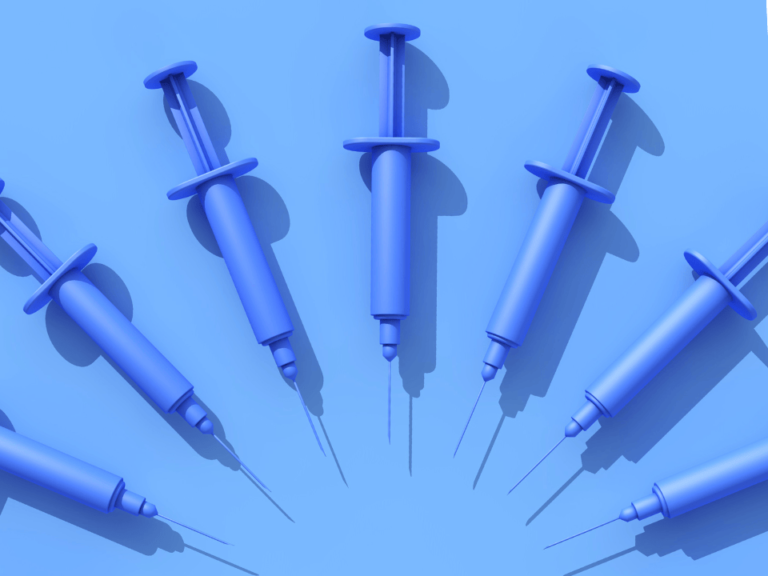The Omicron variant of SARS-CoV-2 is a powerful reminder that the COVID-19 pandemic, now entering its third year, will continue to have personal and public health impacts. This may be especially true for those individuals who unfortunately missed or delayed cancer screening or treatment as a result of the pandemic.
More than ever, effective and widespread use of cutting-edge cancer therapies will be essential for addressing the challenges arising from these delays and helping those diagnosed with cancer achieve optimal outcomes.
The American Cancer Society estimates that 22 million cancer screenings were missed or canceled between March and June 2020 in the United States alone, resulting in a 46% decrease in the diagnosis of six different cancers included the study.
Another study, conducted at Massachusetts General Hospital and Harvard Medical School, found that CT-based cancer screenings fell 82% during the first COVID-19 peak in spring 2020 compared with pre-pandemic levels.1 Similarly, a Canadian study found that there was a 41% decrease in screening tests administered in 2020 compared with 2019.2
If your institution has a site license, log in with IP-login or register for a sponsored account.*
*Not all site licenses are enrolled in sponsored accounts.
Login Subscribe











